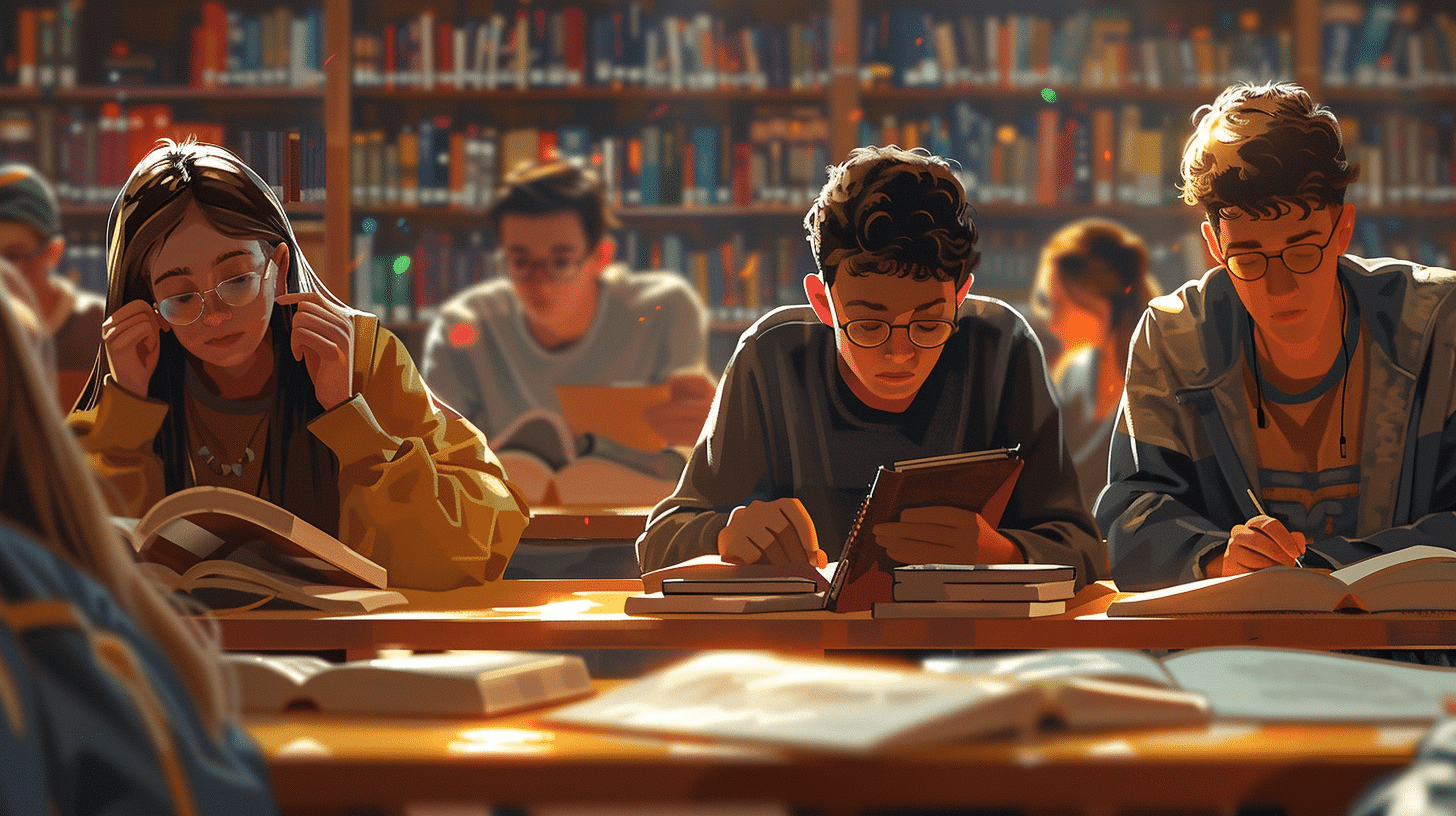Pick a language and start learning!
Descriptive adjectives vs limiting adjectives Exercises in Belarusian language

Understanding the nuances of descriptive and limiting adjectives is essential for mastering the Belarusian language. Descriptive adjectives, or апісальныя прыметнікі, add depth and detail to nouns by describing qualities such as size, color, shape, and more. For instance, in the phrase "вялікі дом" (big house), "вялікі" is a descriptive adjective that provides more information about the house. These adjectives are crucial for creating vivid and engaging sentences, helping speakers and writers to convey their thoughts more precisely and colorfully.
On the other hand, limiting adjectives, or абмежавальныя прыметнікі, serve a different purpose by defining and restricting the meaning of a noun without describing its qualities. These adjectives include words like "гэты" (this), "той" (that), "некалькі" (several), and "кожны" (every). For example, in the phrase "гэты стол" (this table), "гэты" is a limiting adjective that specifies which table is being referred to. Understanding the distinction between these two types of adjectives is key to constructing clear and effective sentences in Belarusian. By practicing with various grammar exercises, learners can enhance their ability to use both descriptive and limiting adjectives correctly, thereby improving their overall language proficiency.
Exercise 1
<p>1. Я купіў *новую* кнігу (adjective describing the condition of the book).</p>
<p>2. У маёй *невялікай* вёсцы жыве шмат цікавых людзей (adjective describing the size of the village).</p>
<p>3. Мы наведалі *старажытны* замак у гэтым горадзе (adjective describing the age of the castle).</p>
<p>4. Гэты дом знаходзіцца на *галоўнай* вуліцы (adjective indicating the importance of the street).</p>
<p>5. Я хачу купіць *гэты* камп'ютар (adjective indicating a specific item).</p>
<p>6. У яго ёсць *белы* кот (adjective describing the color of the cat).</p>
<p>7. Мая *адзіная* мэта - дапамагчы вам (adjective indicating a single purpose).</p>
<p>8. Гэта *новы* фільм, які я хачу паглядзець (adjective describing the recency of the film).</p>
<p>9. У яго ёсць *цудоўны* сад (adjective describing the quality of the garden).</p>
<p>10. Я хачу *гэты* торт для свайго дня нараджэння (adjective indicating a specific cake).</p>
Exercise 2
<p>1. У мяне *вялікі* дом (adjective describing size).</p>
<p>2. Гэта *мая* кніга (adjective indicating possession).</p>
<p>3. Мы жывем у *маленькай* вёсцы (adjective describing size).</p>
<p>4. Я хачу купіць *гэты* кампутар (adjective indicating specific item).</p>
<p>5. У яе *сінія* вочы (adjective describing color).</p>
<p>6. Ён працуе ў *гэтым* офісе (adjective indicating specific place).</p>
<p>7. У нас ёсць *новы* аўтамабіль (adjective describing newness).</p>
<p>8. Гэта *наш* сабака (adjective indicating possession).</p>
<p>9. Я бачыў *старажытны* замак (adjective describing age).</p>
<p>10. Яна носіць *гэту* сукенку (adjective indicating specific item).</p>
Exercise 3
<p>1. У *велізарным* садзе шмат кветак (adjective describing the size of the garden).</p>
<p>2. Гэта *мая* кніга на стале (possessive adjective).</p>
<p>3. Яна апранула *чырвоную* сукенку на вечарыну (adjective describing the color of the dress).</p>
<p>4. У нас ёсць *пяць* яблыкаў (adjective indicating quantity).</p>
<p>5. Гэты дом *стары* і прыгожы (adjective describing the age of the house).</p>
<p>6. Гэта *іх* машына на стаянцы (possessive adjective).</p>
<p>7. У *высокім* будынку шмат офісаў (adjective describing the height of the building).</p>
<p>8. Я купіў *новыя* чаравікі ў краме (adjective describing the condition of the shoes).</p>
<p>9. У мяне ёсць *дзве* сястры (adjective indicating quantity).</p>
<p>10. Гэта *наша* школа, дзе мы вучымся (possessive adjective).</p>







